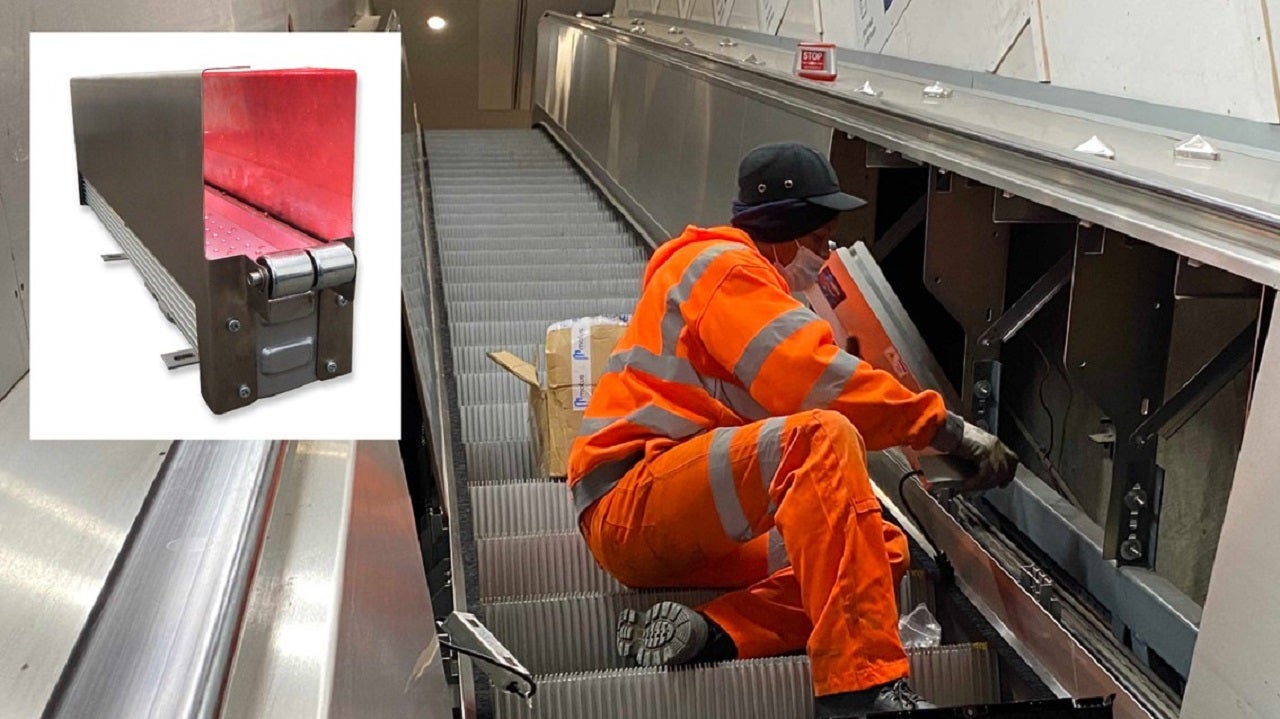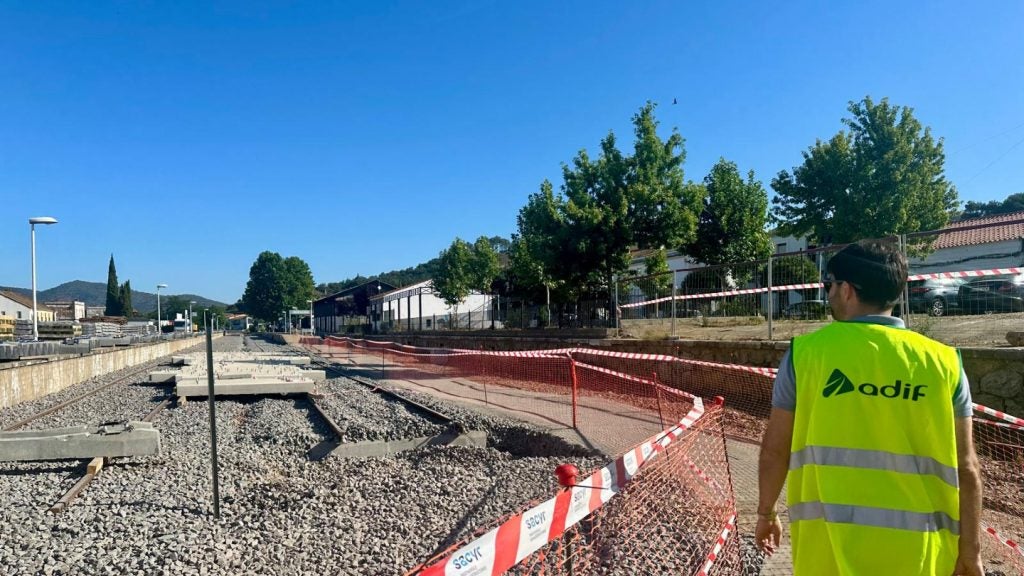
London Euston station in the UK has started a new trial of bacteria-busting ultraviolet technology for the health and safety of commuters.
As part of the trial, Network Rail engineers have integrated the device into one of the station’s six escalators.
The kit shines strong ultraviolet (UV-C) light onto the surface, cleaning and killing 99.99% of bacteria each time the escalator goes around.
By continuously sterilising the handrail, the device will help to contain the spread of coronavirus and other harmful viruses.
Network Rail is currently testing out various anti-viral technology in its stations for keeping frequently touched surfaces hygienic.
In addition, a trial is also taking place at Leeds station where nitric oxide gas is being used to sterilise handrails.
How well do you really know your competitors?
Access the most comprehensive Company Profiles on the market, powered by GlobalData. Save hours of research. Gain competitive edge.

Thank you!
Your download email will arrive shortly
Not ready to buy yet? Download a free sample
We are confident about the unique quality of our Company Profiles. However, we want you to make the most beneficial decision for your business, so we offer a free sample that you can download by submitting the below form
By GlobalDataLondon Euston station manager Joe Hendry said: “Throughout the pandemic station cleaning teams have made a heroic effort to protect passengers from harmful germs and control the spread of coronavirus. I’m proud this technology is part of a Network Rail trial at London Euston as the rail industry shares best practice as we emerge from the pandemic. I hope this UV technology will give passengers returning to public transport confidence when lockdown travel restrictions can be eased.”
In all its managed stations, Network Rail is continuously carrying out extra deep cleaning regimes, along with sanitiser and anti-viral treatments on common touchpoint areas such as ticket machines and doors.
Earlier, Network Rail completed the renovation of the St Ives Bay line between Carbis Bay and St Ives in Cornwall.
The company claimed that this £3m railway project is its biggest track investment in Cornwall since 1950.
Services on the line resumed after the completion of the five-week project, which aimed to increase consistency and capacity on the track.






